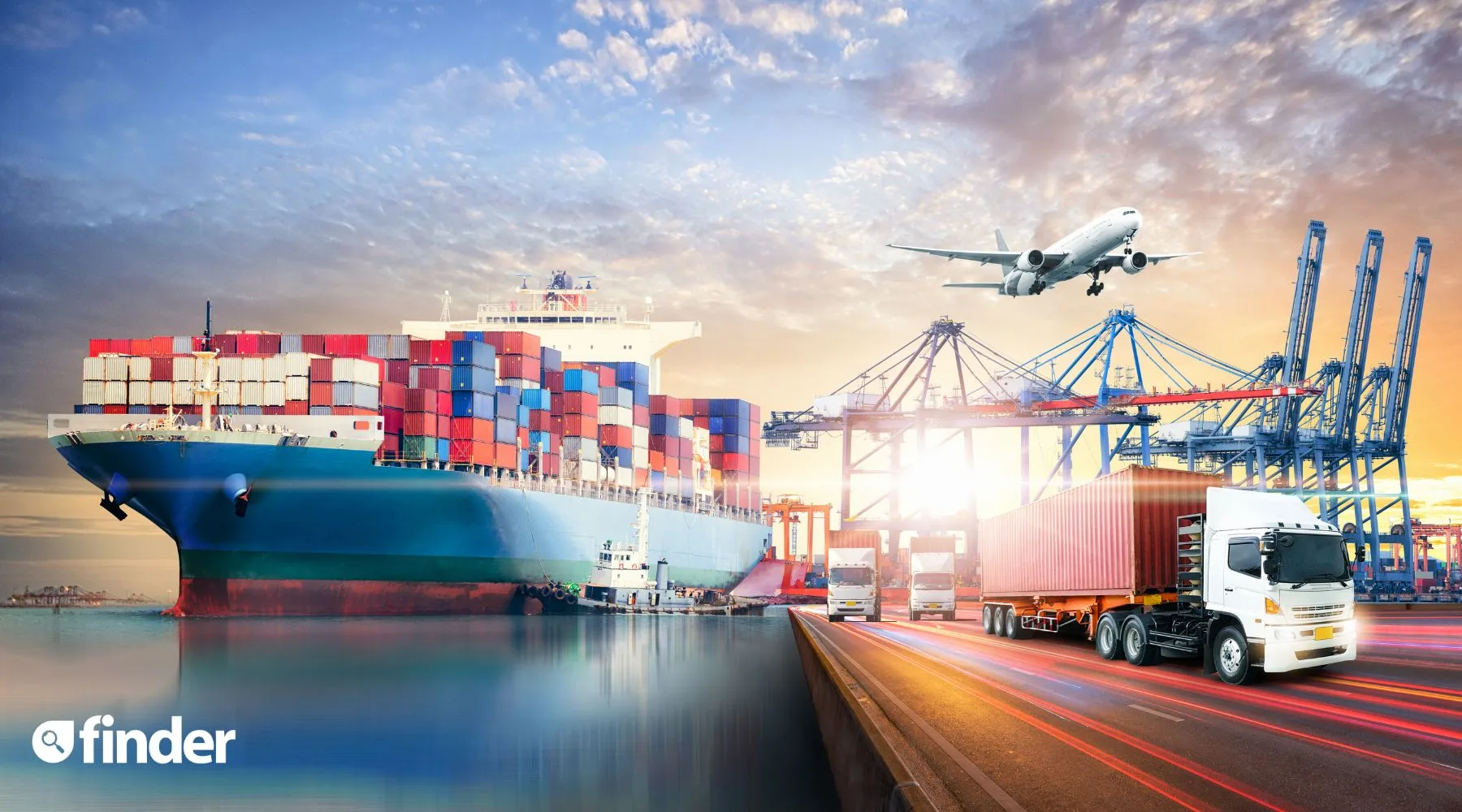7 tips for Australian import/export businesses

How to take your business global (and save a whole lot of money along the way)
Here are seven opportunities to upgrade the way you trade across borders. Let's get down to business.


1. Licensing and legal requirements
You don't need an import licence to import goods into Australia, but you will need to know what's required to get your goods through customs safely and legally. Depending on the type of goods you're importing, this could include obtaining import and quarantine permits, as well as correctly labelling all goods.
On the export side of things, you'll have to meet any customs requirements, like lodging an Export Declaration, and also comply with all regulations in the country you're exporting to. For example, the goods you export may be subject to tariffs, or the destination country might have strict labelling and product safety requirements.
The business.gov.au website has plenty of tips, info and advice to help you understand all your legal obligations. There's plenty to wrap your head around, so take the time to get it right.
2. Learn the logistics
Shipping items overseas is a complex business. Not only must the goods be safely packed, correctly labeled and accompanied by relevant documentation, but they also need to be sent using an appropriate shipping method. Just as importantly, the entire process needs to be efficient and cost-effective.
To make sure all these boxes are ticked, most import/export businesses use trusted customs brokers and freight forwarders. These companies understand the rules that apply in different countries and can take the stress out of shipping goods quickly and safely.
When choosing a freight forwarder or customs broker, look for an established firm with ample experience in your industry. They'll need to have a strong network of contacts and agents in the countries you'll be doing business with, come backed with positive references and be capable of providing all the services you need to transport goods to their final destination.
Austrade's guide to exporting contains loads of useful information on freight and logistics, while you can find reputable broking and forwarding firms through the Customs Brokers and Forwarders Council of Australia.
3. Making overseas payments
One of the biggest challenges you'll face when setting up an import/export business is finding the most cost-effective way to send money overseas. It might be tempting to stay loyal to the bank that already handles all of your other financial accounts, but this is a big mistake for two reasons: high fees and poor exchange rates.
Send an international money transfer with your bank and you'll be slugged with a fee of $10-$30 for each transaction.
Even worse, the exchange rate you get from your bank is well below the "real" exchange rate – in fact, it can be as much as 5% lower. That might not sound like a lot, but even if you're transferring as little as $1,000 overseas, that 5% mark-up can make a huge difference to the total cost of your transaction.
The good news is that there's a better way. Dedicated international transfer companies specialise in sending money overseas and offer a much better deal to businesses. Foreign exchange specialists like WorldFirst offer market-leading exchange rates and charge no transfer fees whatsoever, which means your international payments could be up to eight times cheaper than with the big banks.
Always compare the exchange rates and fees offered by your bank with those of specialist money transfer services – you might be surprised just how much money you can save.
4. Calculate costs
There are lots of costs you'll need to consider when developing your import/export strategy. As well as shipping charges, costs can include:
- Clearance fees
- Customs duty
- GST
- Other taxes
- Insurance
- Packaging and labelling
- Promotion and marketing
- Warehouse fees
The list of expenses varies depending on the goods involved and the countries you're exporting to or importing from, so research is key. Once you understand the costs involved, it's time to develop a detailed financial plan and business model.
5. Lock in your exchange rate
Unexpected fluctuations in the value of the Australian dollar can have a big impact on your bottom line, so it's essential you know how to protect yourself against market surges and dips.
One simple safeguard is a forward contract. This allows you to lock in an exchange rate now for a transaction that will take place on a specific date in the future – so even if the market moves against you in the meantime, you'll still get the rate you want.
Another useful option is a limit order or firm order, which lets you specify the exchange rate you want for your transaction. Your money transfer provider can then monitor foreign exchange markets and execute the transfer when your target rate becomes available.
6. Open a multi-currency account
If you're an online seller or international exporter, a multi-currency account can be an extremely handy tool. Accounts like the World Account from WorldFirst let you hold funds in multiple currencies, allowing your business to receive and make foreign payments in the local currency wherever you may be operating.
The end result is cheaper and faster payments, the ability to pay suppliers in their local currency and the freedom to secure the best exchange rate when converting income back into Australian dollars.
7. Get expert help and advice
Expanding into the import/export world can be complicated and daunting, but you don't have to do it alone. There's plenty of help available – you just need to know where to find it.
- business.gov.au offers a wealth of information on importing and exporting.
- Austrade's guide to exporting explains how to expand your business by exporting.
- The Australian Border Force outlines requirements for importing and exporting.
- The Export Council of Australia is the peak body for companies involved in international business.
The federal government and state governments around the country also offer grants, loans and reimbursement schemes to provide financial assistance to exporters. You can find more details from Export Finance Australia, by researching the Export Market Development Grants (EMDG) scheme or by searching the database of grants and assistance programs on business.gov.au.
Sponsor video

Latest business headlines
-
All the big savings account interest rate rises: ING, AMP, Westpac + more
6 Feb 2026 |
-
Australian credit card debt soars 10% in a year: How can you escape the trap?
6 Feb 2026 |
-
4 cashback home loan offers to ease the pain of RBA rate hike
4 Feb 2026 |
-
Finder’s RBA Survey: Easing cycle ends as RBA delivers first rate hike since 2023
4 Feb 2026 |
-
Ubank Save is increasing its bonus rate up to 5.35% p.a.
3 Feb 2026 |
Ask a question
